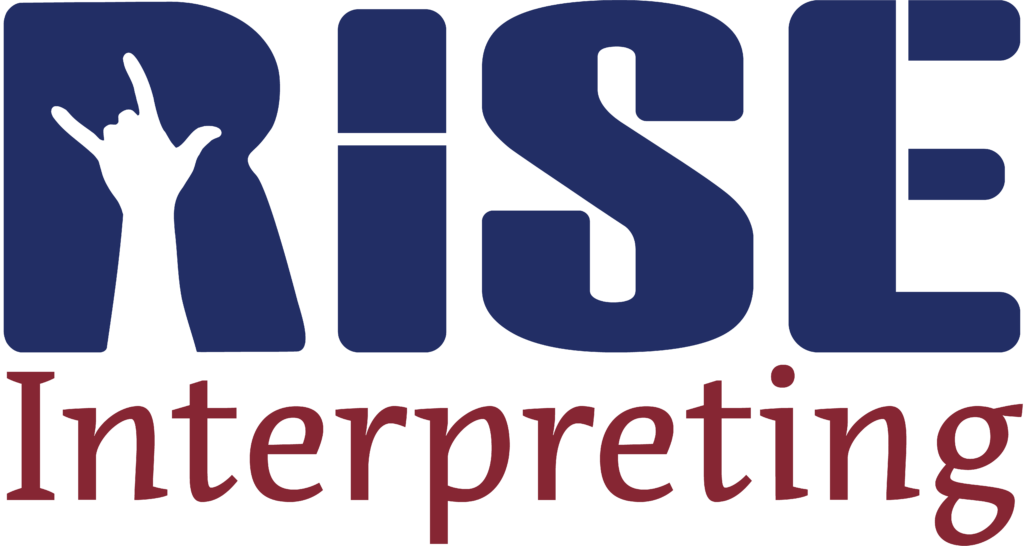For small business owners, there’s nothing more frustrating than miscommunication and unnecessary disruptions. You want to make sure that your customers are heard and satisfied, but sometimes language barriers can keep your business from serving individuals in your community.
If your business uses highly technical language such as in medical, legal, or educational fields, then it’s necessary to provide an ASL interpreter for Deaf and hard-of-hearing customers.
Interpreting services aren’t just helpful for your client, but for your business as well. When you demonstrate to your customers that their voices are valued, then you’ll inevitably invite more customers.
In addition to helping your business, sometimes providing interpretation services is required by law. According to the ADA,
“No individual shall be discriminated against on the basis of disability in the full and equal enjoyment of the goods, services, facilities, privileges, advantages, or accommodations of any place of public accommodation by any person who owns, leases (or leases to), or operates a place of public accommodation.”
This means that, in many situations, your business is required to offer interpreting services for Deaf and hard-of-hearing individuals so that they are provided equal opportunity to participate in the public sphere. If neglected, your company could face serious legal and public relations issues.
Read below to learn more about specific circumstances where your business may be legally required to provide an interpreter for Deaf and hard-of-hearing individuals.
Medical Fields
If your business falls under the scope of the medical field, there’s a good chance that you’re required to provide an interpreter for those who are deaf and hard of hearing. However, the “medical field” doesn’t just apply to hospitals and doctor appointments.
You may need to hire an interpreting service if your business is a dental practice, chiropractor, physical therapy clinic, or any other service which provides medical attention and services. Invest in your business by hiring interpreting services to make sure your clients feel heard and respected.
Law Enforcement
If you work in law enforcement, there’s a good chance that you’ll need the services of a professional interpreter. Deaf and hard-of-hearing individuals need the same access to information and communication as any other citizen, so it’s important to make sure that their needs are addressed and met.
When hiring interpreters for law enforcement, it’s important that they are professional and experienced. Make sure that interpreters working for law enforcement reinforce community bonds between citizens and your teams. Due to the seriousness of law enforcement, it’s essential that the voices of Deaf and hard-of-hearing citizens are acknowledged.
Legal and Court System
If your business or work is of the legal nature, you will need to provide interpreters for those who are deaf and hard of hearing. These individuals need to be able to communicate in a court setting or any legal proceeding, so your business is legally required to provide interpreters when requested.
Similar to the requirements of working with law enforcement, interpreters in this field need to be extremely knowledgeable, experienced, and professional in their work. With the seriousness of the setting, it’s absolutely essential that interpreters who work in the legal field understand the importance of their work and provide high-quality interpretations for both parties.
Education
Education is another realm where interpreters may be legally required to assist Deaf and hard-of-hearing individuals. However, interpretation settings in education may be more varied than in other fields.
For example, an educational interpreter may spend their hours interpreting basic elementary concepts, while others communicate highly technical and complex post-graduate level coursework.
Here, it’s important that interpreters are appropriately placed so that the student receives the very best interpretation service available. If you work for a school or other educational institution, make sure to hire interpreters who work well with students and have experience in a school setting.
Contact your local ASL interpreting service to learn more about ADA regulations and requirements for businesses.


